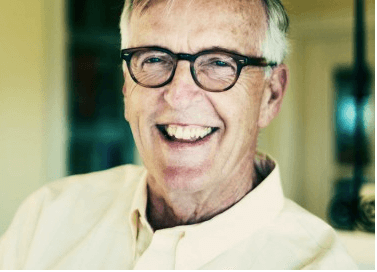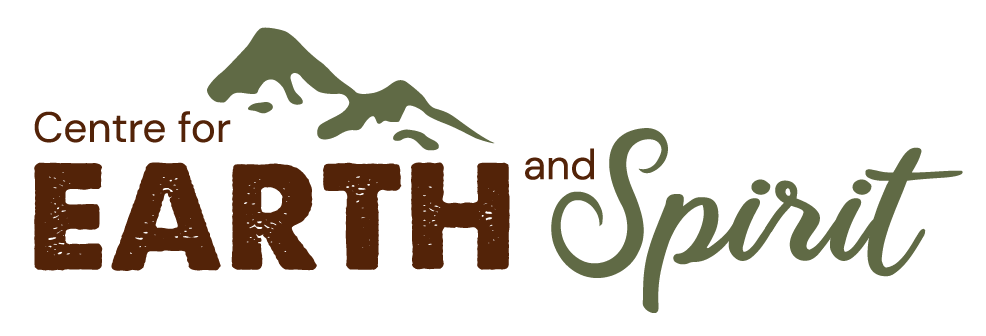by Bill Israel
Here are the highlights of an article originally published in The Out of Bounds Magazine Vol 35, No. 2, a quarterly publication at William Head Institution. A publication for and by inmates. The “aim” of the publication is “…to provide an artistic, written, outlet for those physically confined, enabling their ideas to transcend the walls and bars that hem them in.”
Bill facilitates the FOUNDATIONS COURSE for Preparation of Personal Release Plans inside the prison. It is the Institution title for the INTENSIVE JOURNAL® writing program.
The motivators for addictive behavior are widely varied and rooted in physical, psychological or spiritual wounds. Contrary to popular opinion, addictions are not indulged as pleasurable entertainment. They are “narcotizing” forms of escape from intolerable pain brought on by trauma.
Psychological pain includes (at any age) disconnection from loved ones: emotional abuse, separation/divorce, ridicule, neglect and abandonment. The emotions include grief, fear, anger, regret, shame and loneliness.
The root causes of addiction are to be found in the broad spectrum of physical and psychological distress, including the “spiritual anguish” of “relationship disconnection.” These experiences can happen at any stage of a person’s life, resulting in acute physical symptoms, emotional suffering or spiritual ennui and feelings of worthlessness.
The Adverse Childhood Experience (A.C.E.) studies have recently experienced a resurgence and have come to prominence in the study of trauma and its effects on the human personality. Completed in the mid-1980s, the Kaiser-Permanente (Department of Preventive Medicine) study was done in a co-operative research project that included the Centers for Disease Control and Prevention in the United States.
Participants were asked about 10 types of childhood trauma that had been identified in earlier research literature:
- Physical abuse
- Sexual abuse
- Emotional abuse
- Physical or emotional neglect
- Exposure to domestic violence
- Household substance abuse
- Household mental illness
- Parental separation or divorce
- Incarcerated household member
An addiction is a habit or practice that alleviates the psychological, spiritual or physical pain associated with one’s sense of “diminished self” subsequent to one or more personal trauma events. It is the stress from a feeling of a diminished sense of self that leads to a self-perception that “…there is something significantly wrong with me.” Feelings of being “less than a whole person” cause great grief and stress.
Addictive behavior can include a range of manifestations – all of which are intended to bypass the painful origins of the original trauma experience.
Compulsive consumption -not just of drugs and alcohol- but also of food (overeating). Compulsive behaviors include television watching, computer games shopping, compulsive hobbies etc.
Compulsive gambling, sex, violence (fighting), being abusive to self and others can all be “addictive”. Being obsessively angry, sad, depressed, morose and anti-social can be signs of addictive behavior.
Because the prison environment is not conducive to privacy, let alone healing, it is no surprise that the FOUNDATIONS COURSE has proven to be very popular with inmates. The course is strictly voluntary and limited to 10 participants per each 12 week course. The 3 hour weekly sessions are a meditative, quiet and safe environment for the participants to write in their individual journals. The Inside Parole Officers (IPOs) agreed to secure the “privacy” of the inmate journals. Some of the IPOs have begun to attend the public INTENSIVE JOURNAL program offered in Victoria.
The course is neither a Correctional Services Canada program, nor is it a “therapy” per se. The process however is highly therapeutic for those who participate, as it provides a non-intrusive opportunity for the men to write privately and heal in the “sacred space” of the other men seeking healing, forgiveness and recovery of their “wholeness” in a workshop setting.

Bill Israel is a long-time practitioner of the Intensive Journal Method, with 42 years of experience in effecting his own life transitions. Bill worked as an ordained pastor, a group and family therapist and trained as a hospital chaplain. He now conducts a private counseling and consulting practice in Victoria, B.C., working as a Life Transition Facilitator and a Certified Facilitator for the I J program. The program inside the federal minimum security prison is titled FOUNDATIONS For the Preparation of Personal Release Plans and has been offered to inmates since 2016.
